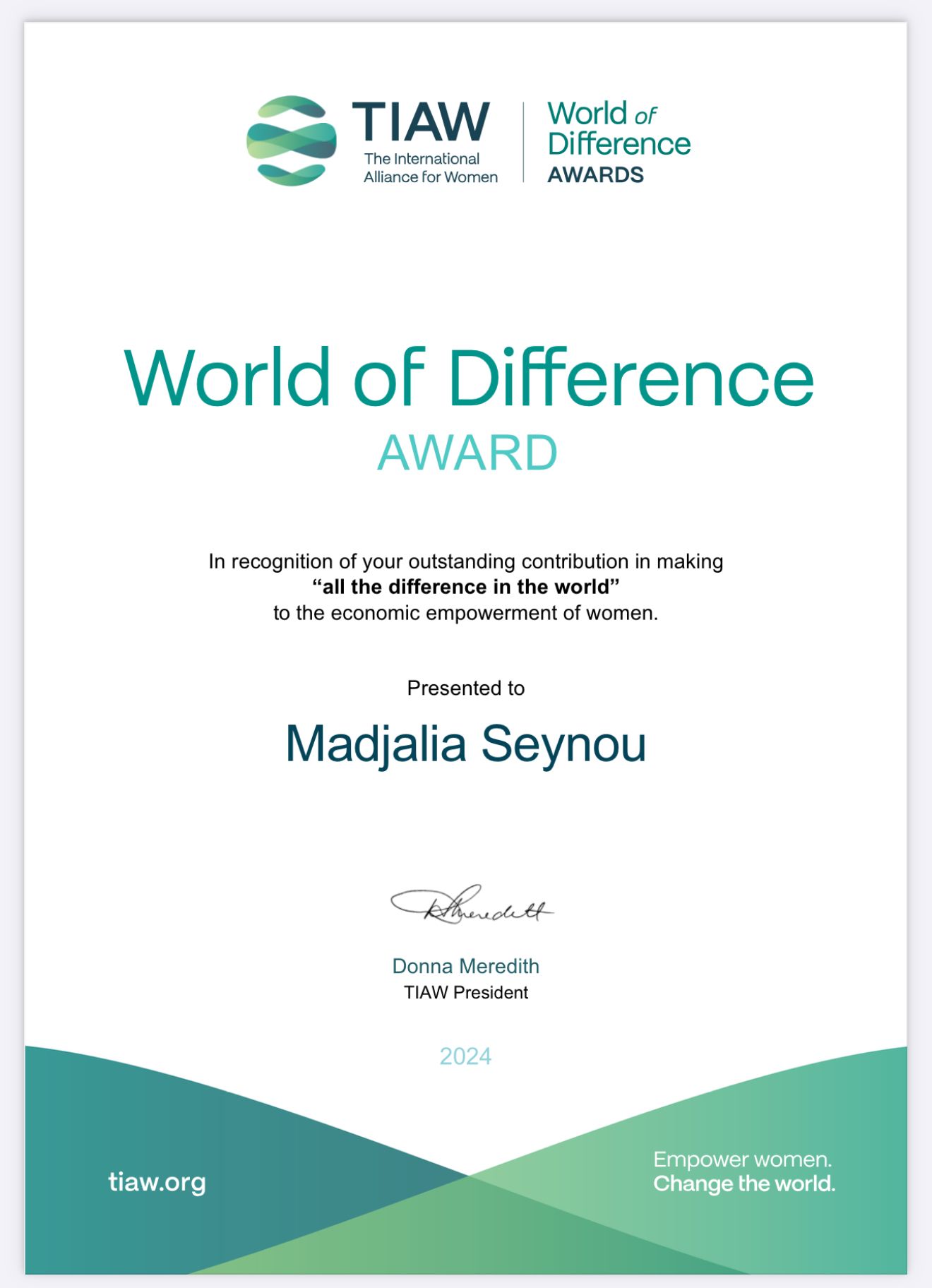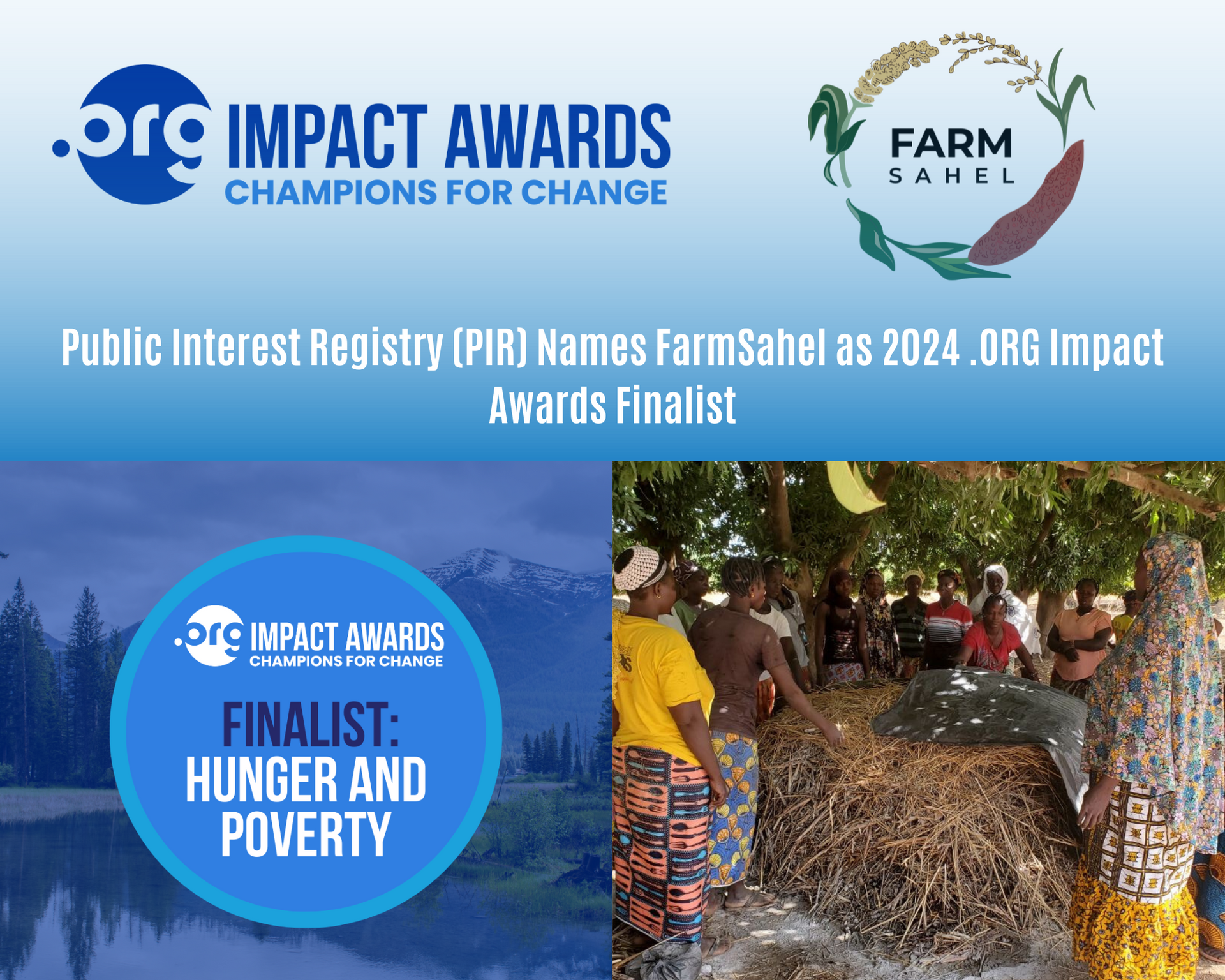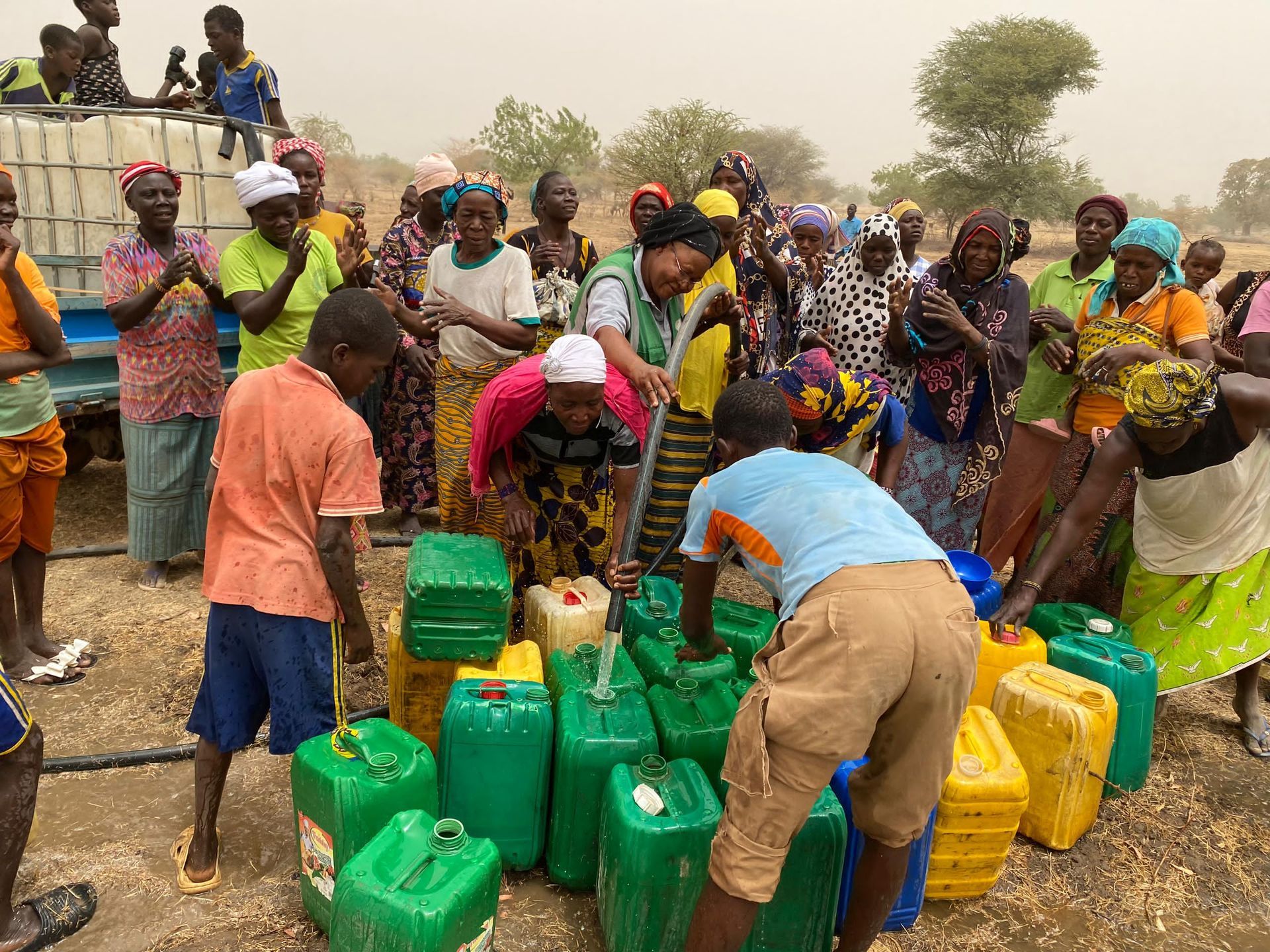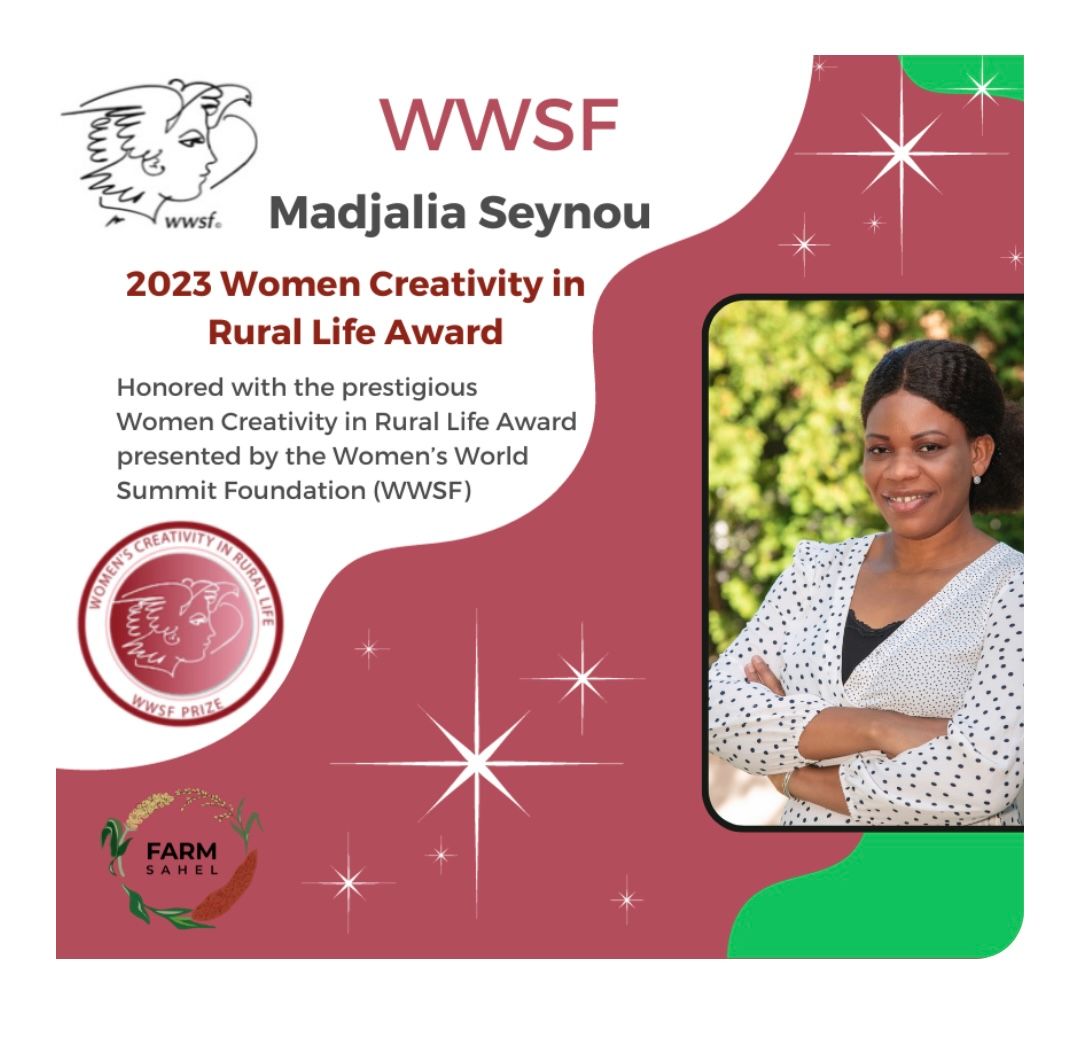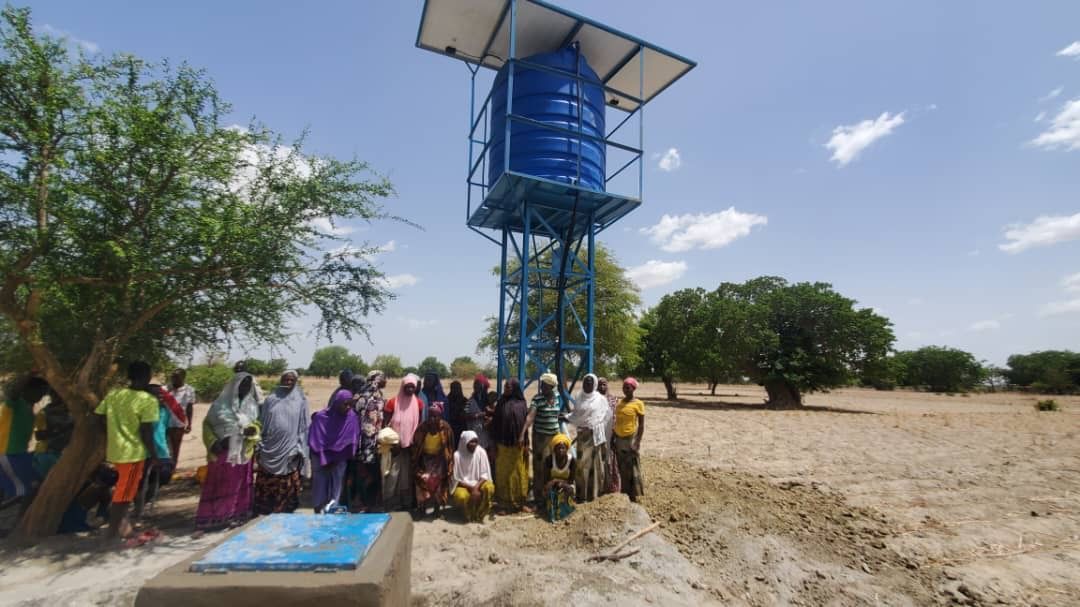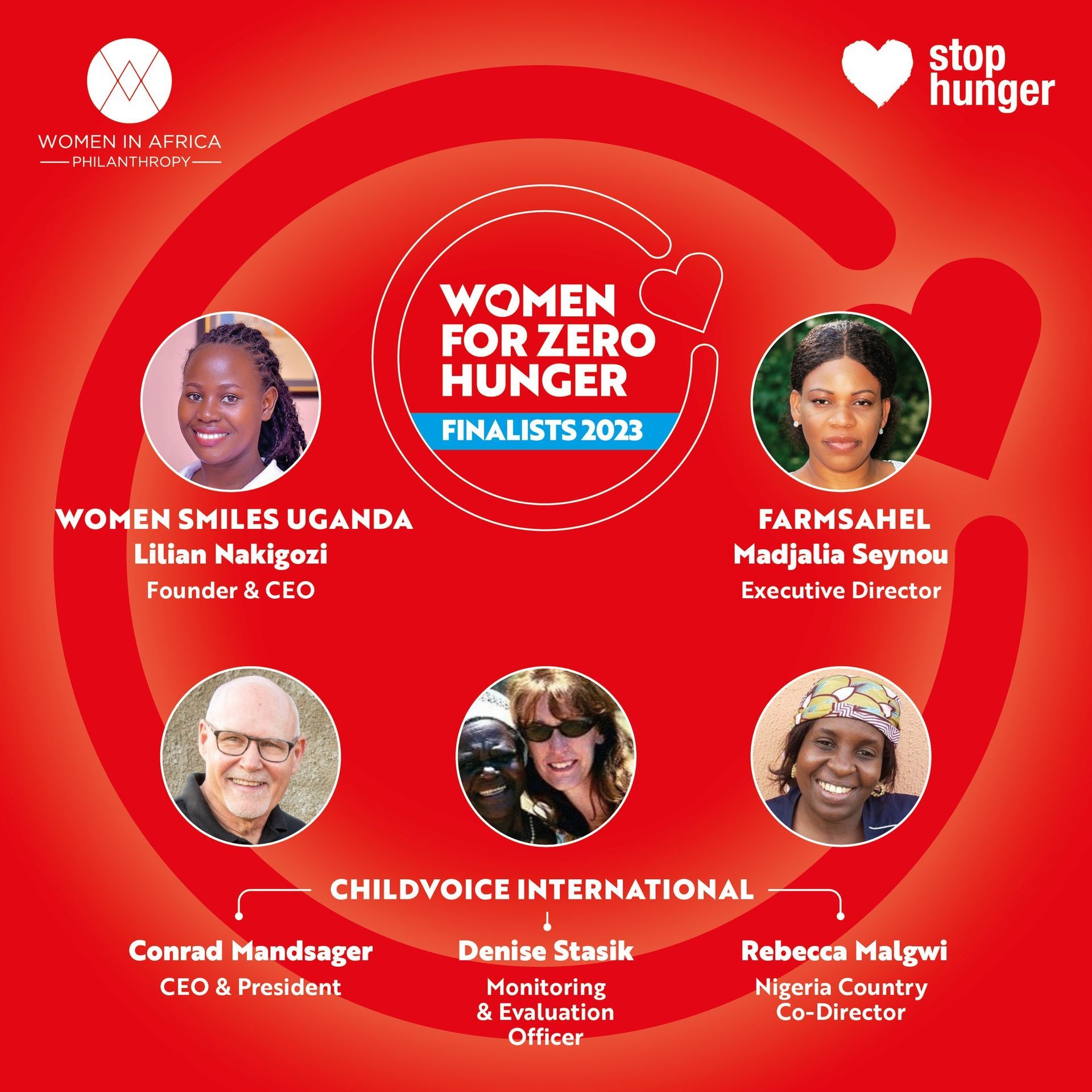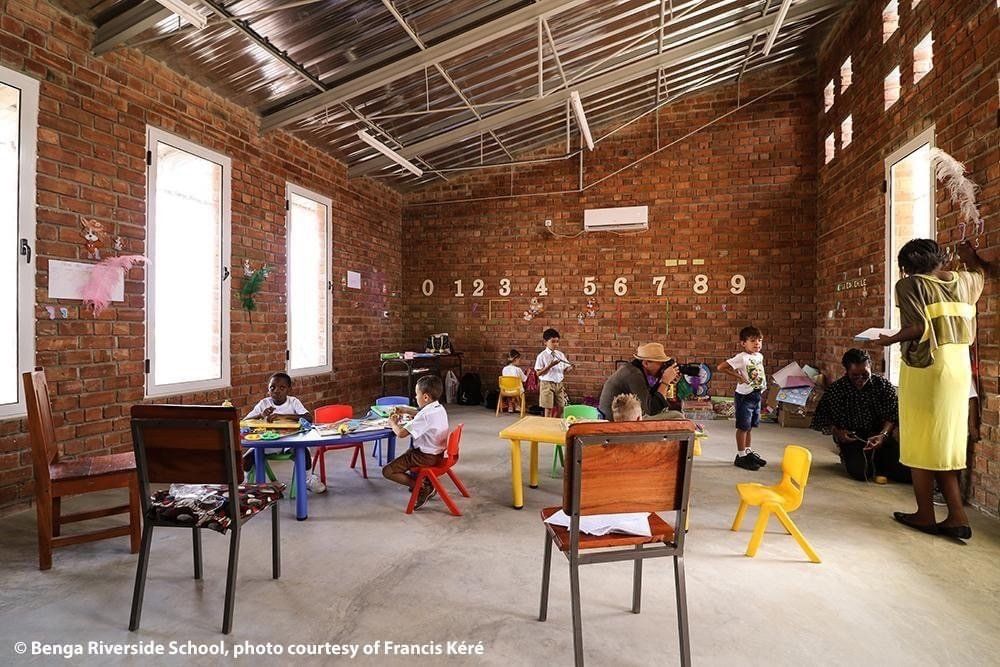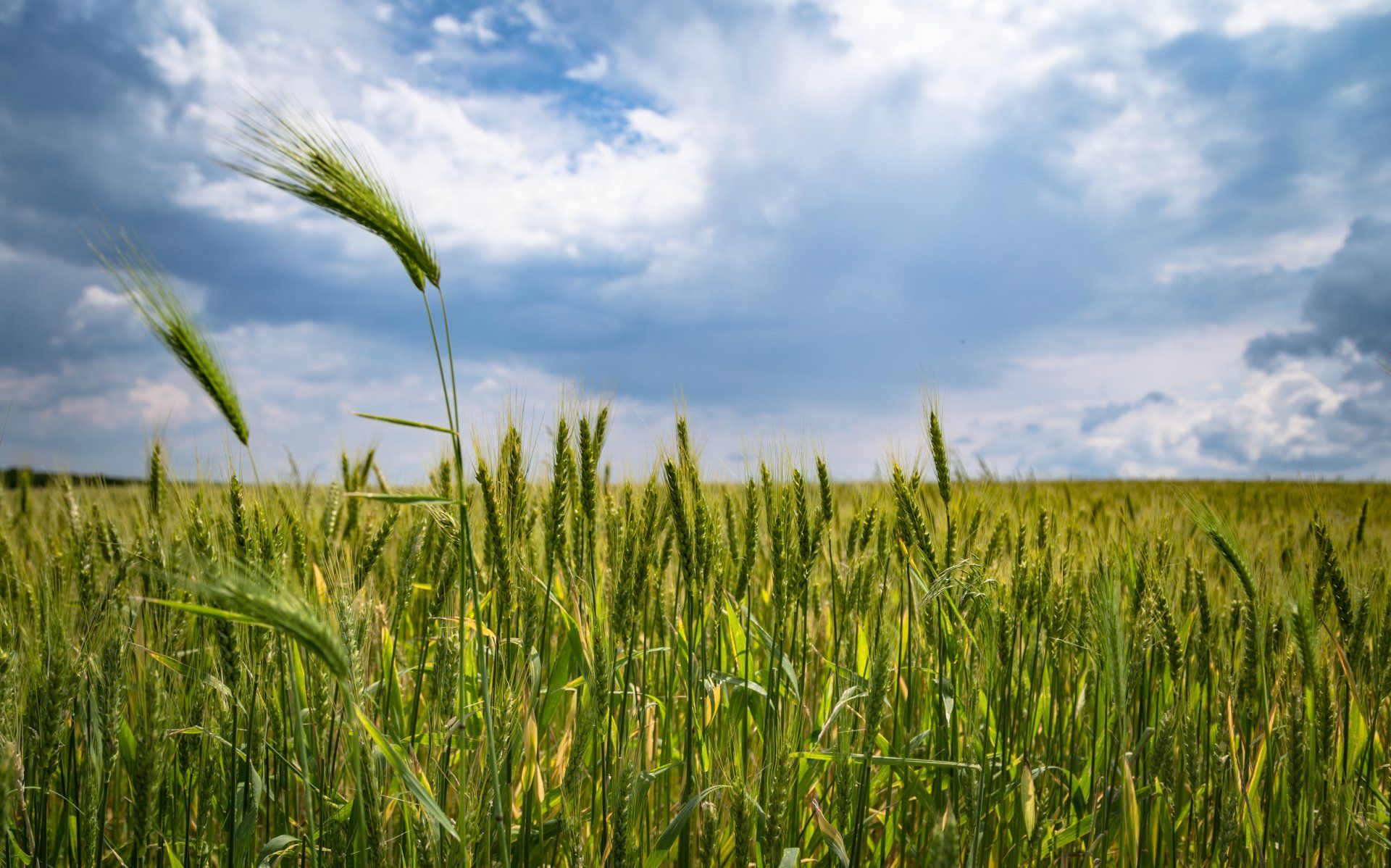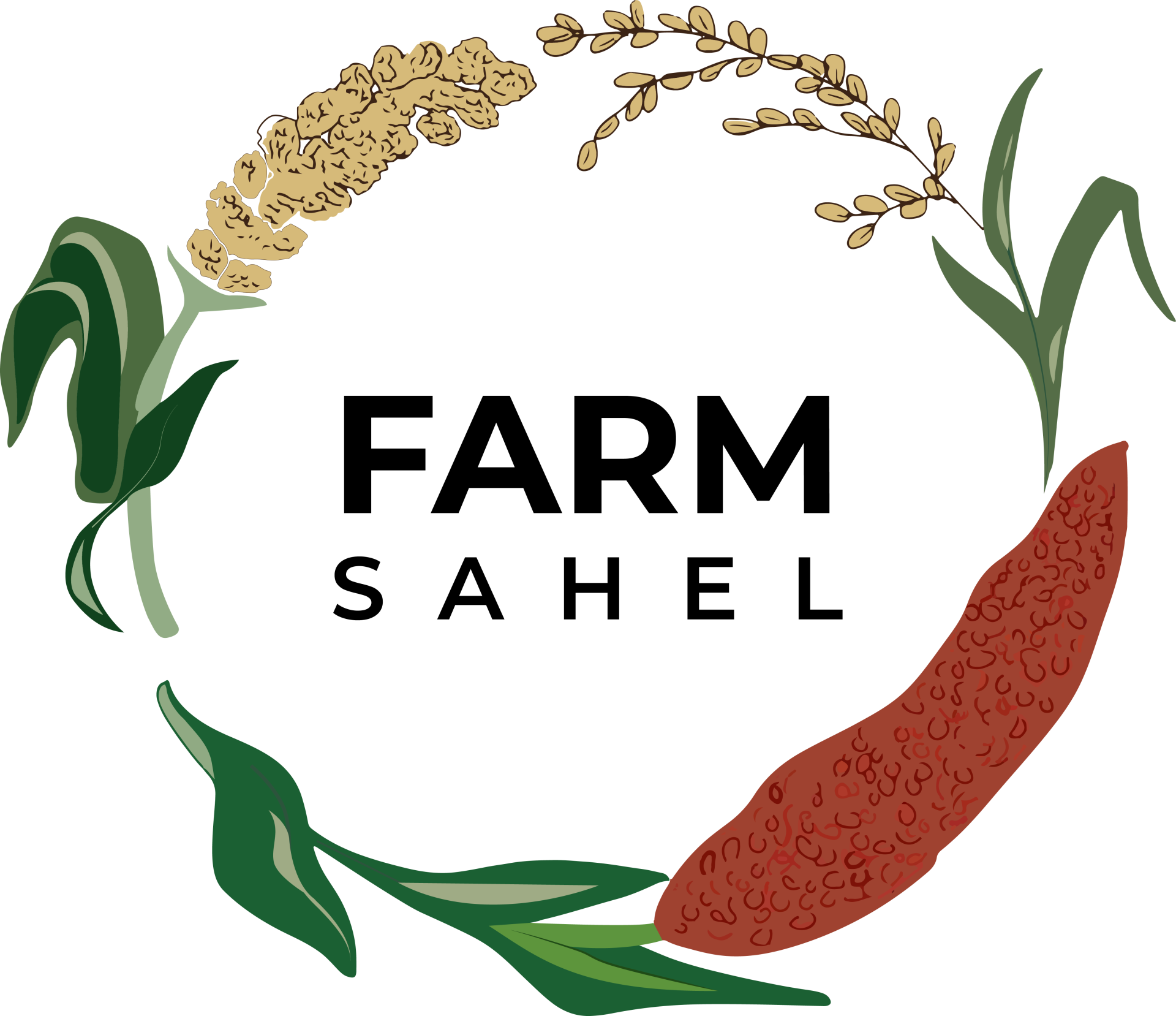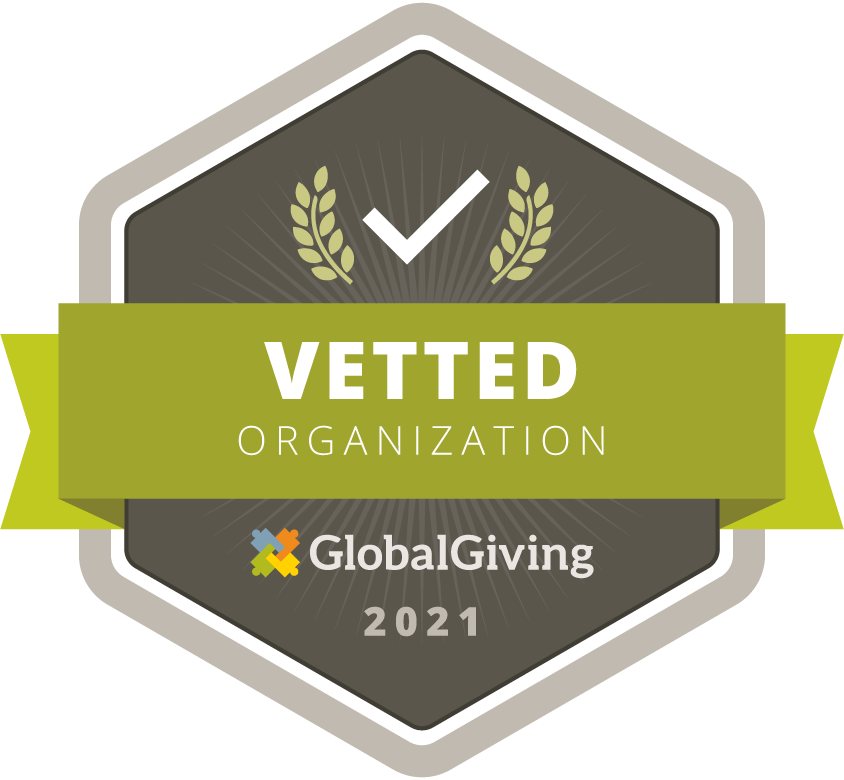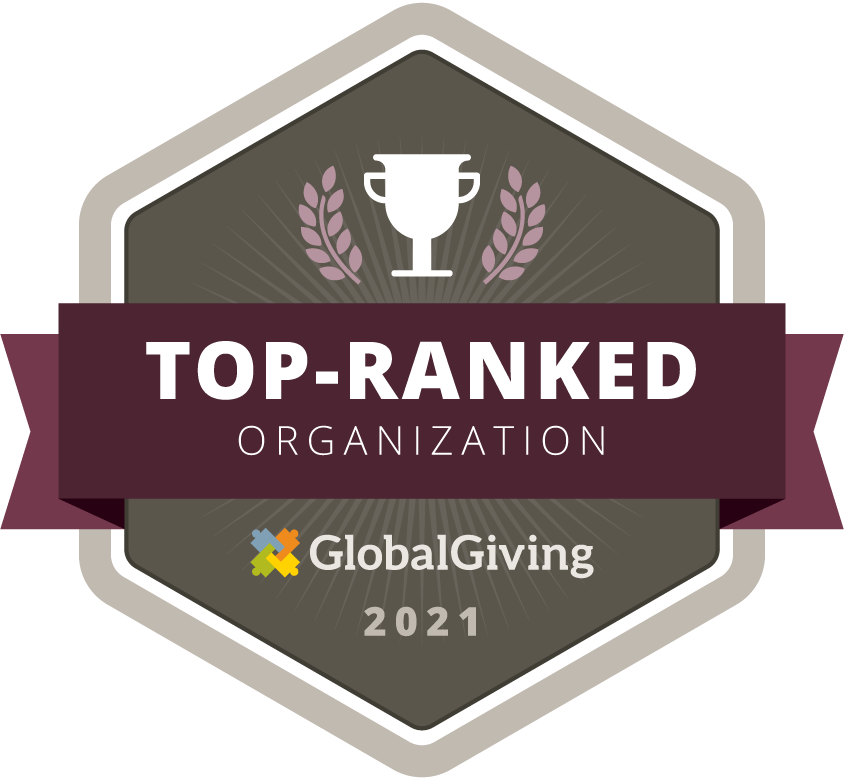The Road Towards Food Sovereignty in Africa
“Food sovereignty is the right of people to healthy and culturally-appropriate food produced through ecologically sound and sustainable methods, and their right to define their own food and agriculture systems” (nffc.net). Essentially, food sovereignty is an initiative to combat the injustices faced by local communities- particularly the agricultural community- in relation to nutrition and individual food choices. It is unjust that the very communities that produce food face more poverty and malnutrition than any other- as aforementioned, these communities should have the right to define their own food and agriculture systems. Beyond defining their own food systems, it should be healthy and culturally appropriate to respective populations; food sovereignty will require a certain degree of self-sufficiency within each community.
Food sovereignty is an issue largely affecting Sub-Saharan Africa (SSA). The population in this area is over 1.33 billion, which is roughly 17% of the world’s total population. Of this 1.33 billion, 61% of the population is involved in agriculture directly or indirectly. By 2050, the population is expected to double- this will lead to an unproportionate amount of the population under the age of 25. This means that the food supply will need to exceed double in order to feed a primarily young population. So far, there has been a huge gap between food production and consumption patterns. The regions have had to rely on importing crops such as rice, maize and wheat to meet their own local food needs.
Smallholder farms have not been able to dictate the process of their own agricultural system because the current food market in Africa gives top priority to the interests of transnational corporations and international investors. African nations have been pushed to dependency on foreign countries; for example, there are many imported fertilizers and agro-minerals coming into smallholder farms. In the article “Food Crisis and Sovereignty in Sub-Saharan Africa”, Zo Randriamaro, human rights and gender activist, discusses the need for food sovereignty in Madagascar. The government of Madagascar leased around half of the country’s arable land to a Korean Company- producing food and biofuel for the people of Korea, while “more than 59% of the Malagasy population suffer from chronic hunger” (Randriamaro). Madagascar is just one African nation that desperately needs food sovereignty. The monopolistic transnational corporations and international investors controlling the market place the wants of powerful players over the needs of smallholder producers; despite smallholder farming consisting of 80% of SSA farms, a livelihood for many households.
The impending question is, how can food sovereignty be salvaged in African nations? There is the financial aspect; necessary cuts in international expenditure and the need to maintain economic stability in these countries. There must be strives towards a self-sufficient Africa- all foreign imports in relation to the agricultural community should be produced at home. Foreign imports can be produced within Africa, one of the richest continents in terms of natural resources. Farmers end up paying multiple commissions to intermediaries until the production reaches the end-users- a drastic 50% markups can be added by these intermediaries. Thus, an effective supply chain is crucial to maximizing profits for smallholder farmers. This will not only affect import and transportation costs but will revive an economic cycle within the respective country.
Looking past finances, it is also imperative to accelerate farming within Africa. There are many potential threats to farming in Africa that limit food production such as water shortages, diseases, inaccessible markets and very little agricultural inputs. A solution to water shortages is water-saving irrigation practices- if SSA manufactured local irrigation systems, the prices could potentially be 1/3 of the imported systems. Further solutions for these threats are government involvement, strict quarantine laws and interactive training on diseases and pests. Government subsidies can greatly release the strain on farmers, as well as controlled prices on seeds, fertilizers, insecticides and farming equipment. Stricter quarantine laws could prevent many foreign diseases and pests that are invasive to African climates. Interactive training will boost farmers’ knowledge on all of the above topics and give them the ability to prevent such threats while simultaneously accelerating their own farming methods. With advanced food production systems, there will be more surpluses of food available for local consumption as well as international exporting.
Lastly, the grave issue of gender discrimination must be addressed. Women farmers account for 70% of food production in African nations, inextricably linking a lack of food sovereignty with gender discrimination. Farmers as well as intermediaries of the agricultural community must realize the vital role women play in agricultural production. Women farmers need to be at the forefront of making policy and defining food and agricultural systems within their own communities. You can learn more about the role of women farmers in West Africa in our previous blog post here.
Africa must become a self-sufficient continent to achieve food sovereignty, independent from foreign nations and investments. This calls for financial and economic stability, accelerated farming methods, and in-depth education and policy change to combat gender discrimination. FarmSahel is committed to tackling injustices and attaining food sovereignty in Africa. Our current projects will assist farmers, women farmers in particular, with advanced farming methods and training to achieve agricultural independence.
Works Cited
“Food Sovereignty.” National Family Farm Coalition, 12 Sept. 2019, nffc.net/what-we-
do/food-sovereignty/.
Randriamaro, Zo. “Food Crisis and Sovereignty in Sub-Saharan Africa.” DawnNet,
www.dawnnet.org/uploads/documents/PRESENTATION_ZO_Food%20Crisis%20and%
20Sovereignty_PEAS.pdf.

